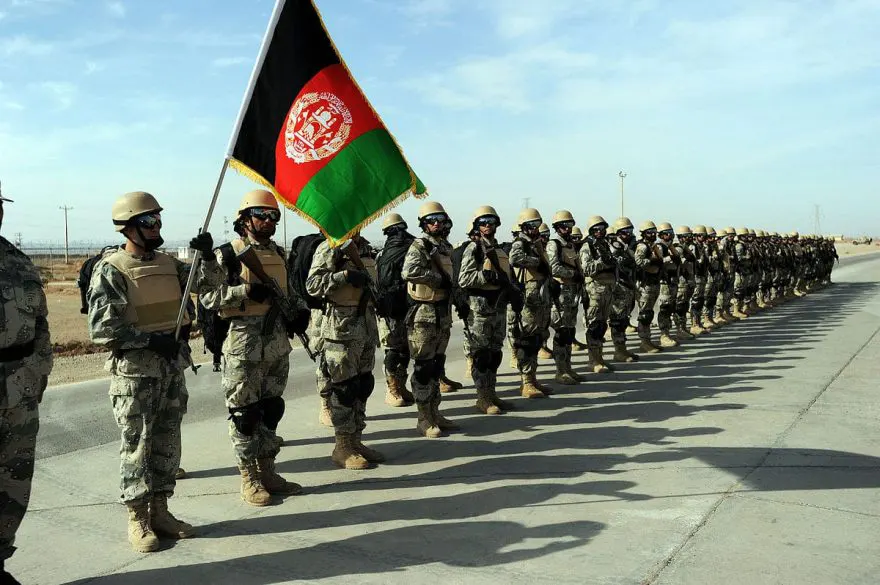A U.N. report released Tuesday reveals that over 200 extrajudicial killings of former Afghan government officials and security forces have occurred since the Taliban’s takeover two years ago.
According to the United Nations Assistance Mission in Afghanistan, the group most targeted by the Taliban have been individuals who were previously part of the army, police, and intelligence forces. Between August 15, 2021 (when the Taliban took control), and the end of June 2023, UNAMA recorded over 800 human rights violations against former Afghan government officials and security forces. During the initial four months of Taliban rule, UNAMA documented nearly half of all extrajudicial killings involving former government officials and Afghan security forces.
However, violations persisted in 2022, with 70 additional extrajudicial killings documented. “Individuals were detained by the Taliban security forces, often briefly, before being killed; some were taken to detention facilities and killed while in custody, others were taken to unknown locations and killed, their bodies either dumped or handed over to family members,” the report said.
“The report by UNAMA paints a grim portrait of the treatment of those associated with Afghanistan’s former government and security forces following the Taliban’s assumption of power”, stated U.N. High Commissioner for Human Rights, Volker Turk, during the report’s release on Tuesday. Turk highlighted the breach of trust as these individuals were promised safety, urging the Taliban to respect international law and prevent further violations.
Following President Ashraf Ghani’s flee from the country in August 2021, the Taliban declared a “general amnesty” for government employees nationwide and encouraged women to participate in their administration.
Despite this commitment, the U.N. report recorded over 424 arbitrary arrests, detentions of former officials and ex-Afghan security personnel, and more than 144 cases of torture and mistreatment.
Despite pledging moderation initially, the Taliban have imposed strict regulations, such as ending girls’ education past the sixth grade and restricting Afghan women from public roles and employment, even with NGOs and the U.N. These actions evoke memories of the Taliban’s earlier rule in the late 1990s, marked by the imposition of their version of Islamic law, or Sharia.
The edicts led to global condemnation of the Taliban, who lack official recognition from the U.N. and the international community due to their already isolated status.
—PR










